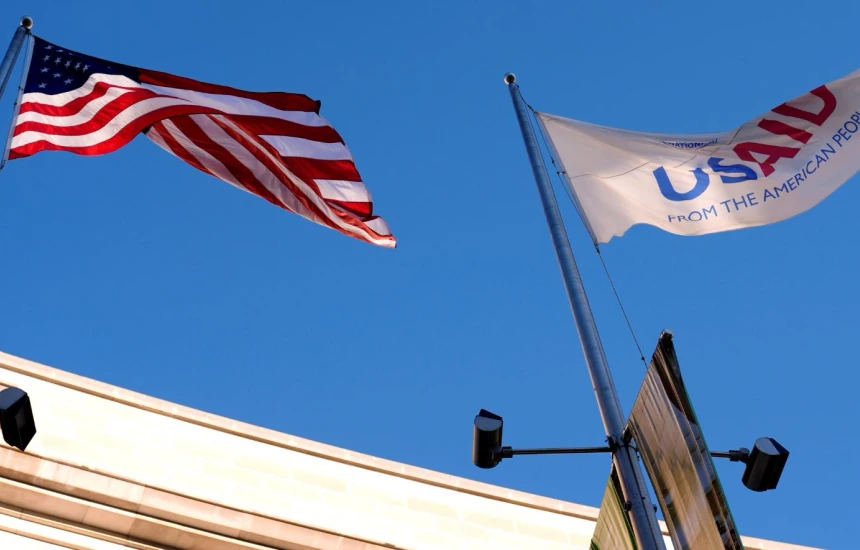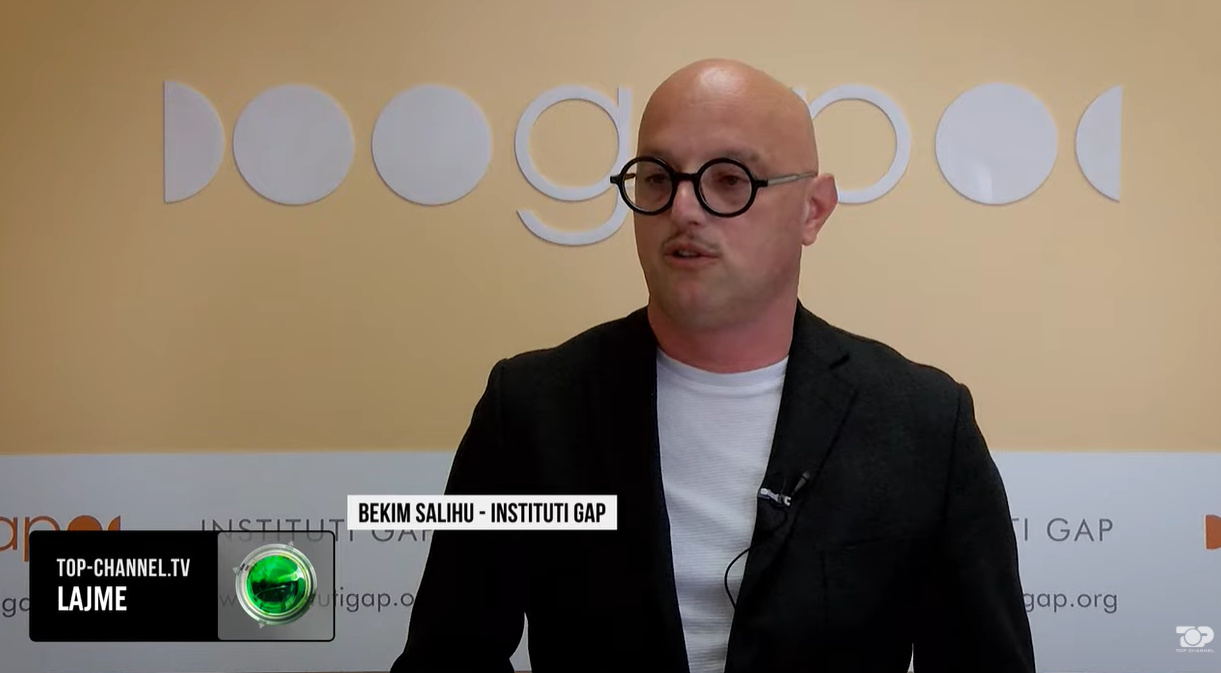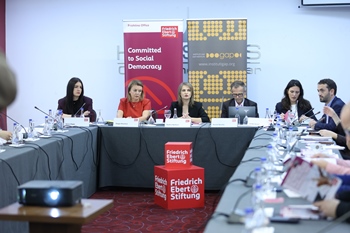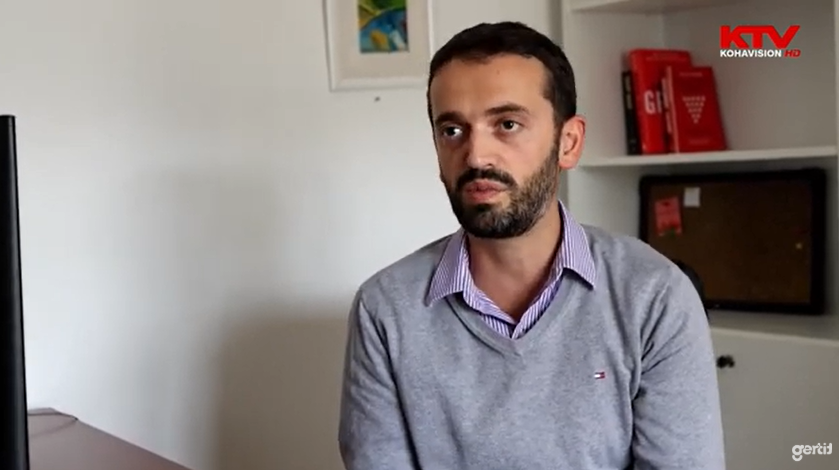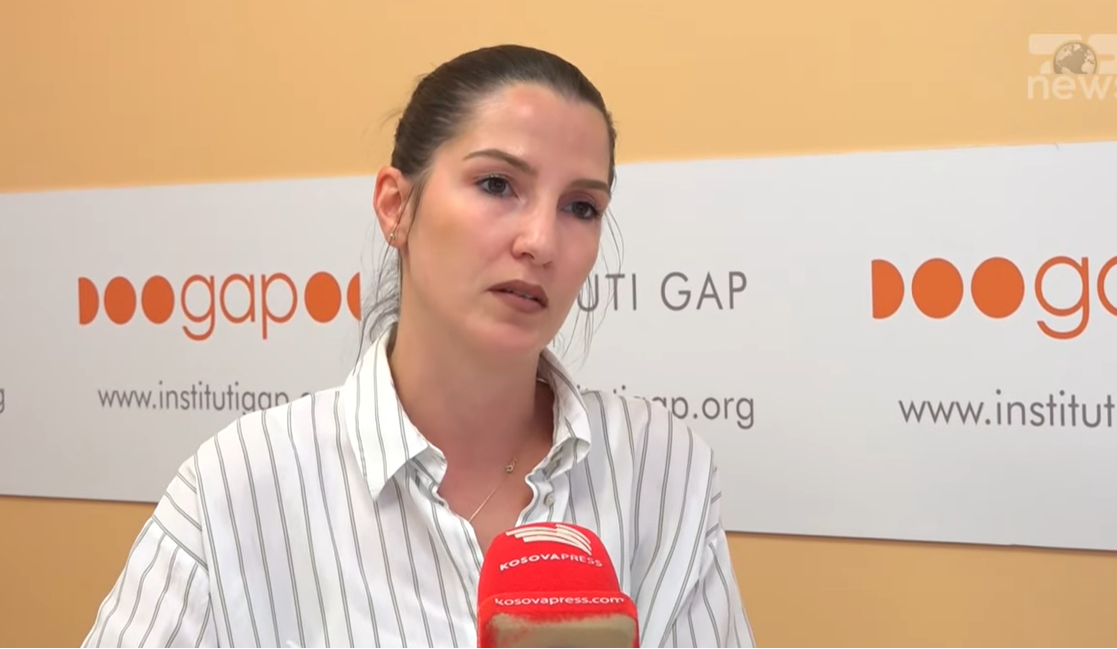Reward games in Kosovo in absence of a legal basis
29/03/2024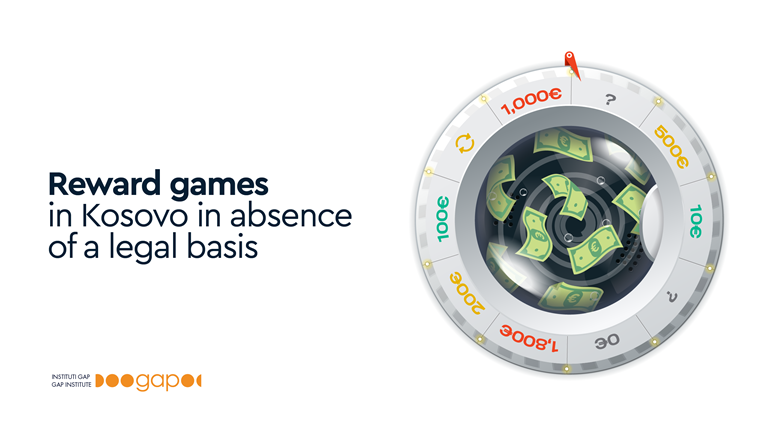
Today, GAP Institute published the report entitled “Reward games in Kosovo in absence of a legal basis.”
Currently, a variety of reward games are organized by Kosovo businesses without government oversight. Until May 10, 2019, the Law on Games of Chance governed reward games. Based on this law, to organize sweepstakes, reward games, and giveaways businesses were required to obtain permits from the Tax Administration of Kosovo (TAK), which also monitored the events organized for awards. In that period, business prize awards did not exceed one thousand euros. Due to the repeal of that law, whereby the Kosovo Government and Assembly intended to protect citizens from betting, games of chance, and related incidents in casinos, etc., the organization of reward games by businesses has remained unregulated. The organization of such games and the value of the awards is now the responsibility of the businesses themselves, without monitoring by state authorities.
According to GAP Institute calculations, based on open source online data, during 2009-2023, pledges for major prizes reached about 2.7 million euros. These prizes include housing, vehicles, and cash. Compared to the period when TAK monitored reward games, after 2019, pledges of prizes for customers multiplied by 16 times. The value of the awarded prizes is 12 times higher. According to the analysis, only half (54%) of the top prizes to be awarded are made transparent to the public, where the prizes are awarded either in live events broadcast on national television, social media, or using some formula that randomly selects the winners.
Loyalty programs created by businesses, through which prizes are also awarded to consumers, remain unmonitored. Although the latter present less risk than reward games—because the award mechanisms are known in advance and the consumers can monitor their accumulated points or benefits, etc. —in 2021-2023, there were 12 complaints filed with the Consumer Protection Department at the Ministry of Industry, precisely about loyalty programs.
Such a situation, with a legal gap and a lack of transparency, increases the likelihood that some businesses will not award prizes fairly, while boosting their own profits. This would be achieved either by paying less profit tax, as expenditure on prize games is fully deductible for tax purposes. GAP Institute recommends that public institutions take measures to prevent businesses from exploiting legal gaps by organizing reward games to pay lower taxes or show favoritism in awards to certain individuals.
The full report can be accessed for further insights and detailed information Here.







